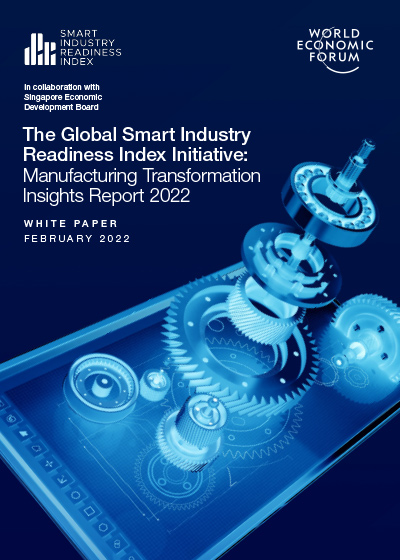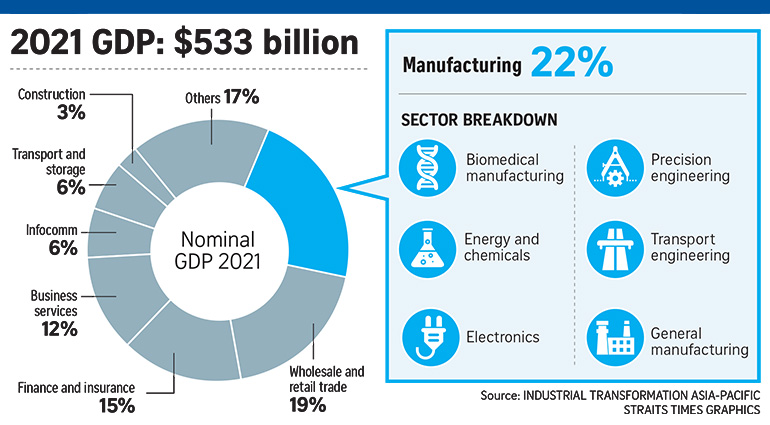Refreshed Industry Transformation Maps (ITMs) for five advanced manufacturing and trade clusters will uplift companies in Singapore and create at least 13,400 new jobs.
The ITMs were unveiled by Deputy Prime Minister Heng Swee Keat on Tuesday at the opening ceremony of the Industrial Transformation Asia-Pacific 2022 trade event at Singapore Expo.
The ITMs will support research and development, deep tech innovation, extensive digitalisation and environmental sustainability across the electronics, precision engineering, energy and chemicals, aerospace, and logistics sectors.
These sectors contribute about 80 per cent of Singapore's annual manufacturing output, said the Economic Development Board (EDB).
The ITMs also aim to help small and medium-sized enterprises adopt new technologies and build capabilities to capture global business opportunities by fostering partnerships with larger international firms and institutes of higher learning.








